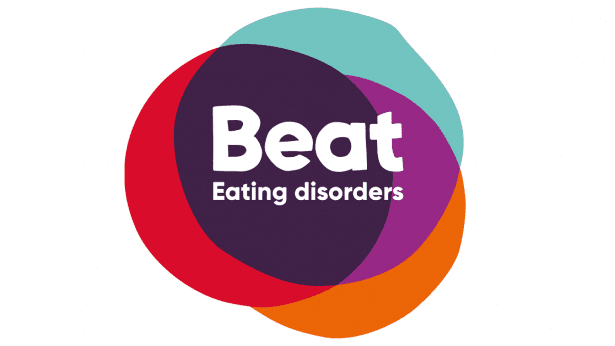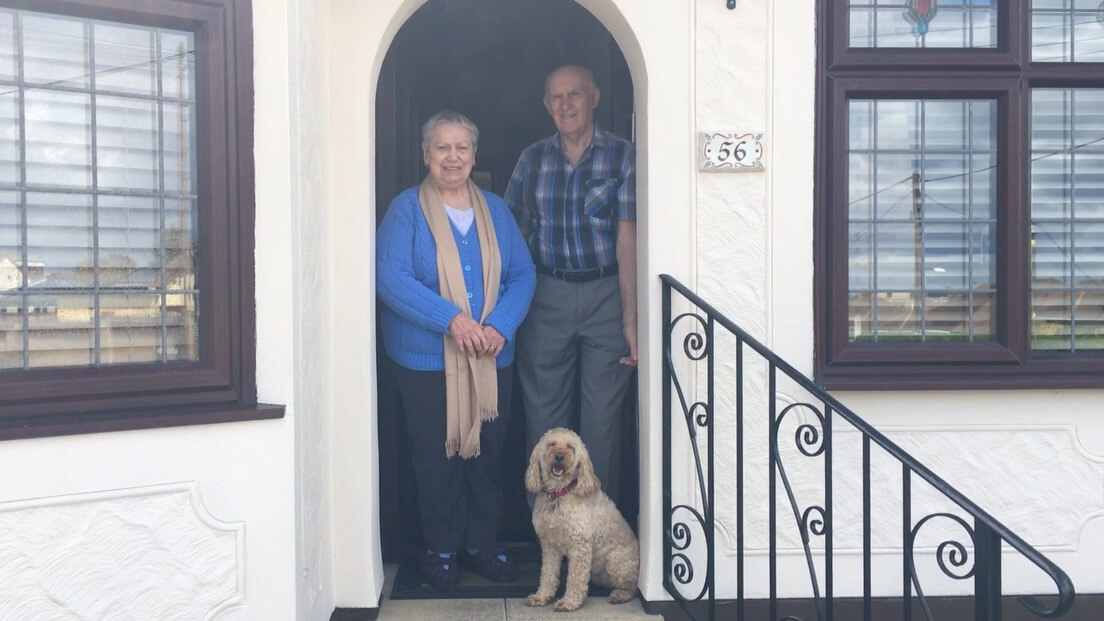
Smoking caused more than 3,000 new cancer cases and 2,192 deaths in the North East in 2013, despite the region having the largest drop in smokers nationwide, new figures have revealed.
It is also reported that an estimated 243 deaths from cancer and 326 new cases of cancer have caused by smoking in Sunderland.
A survey of North East smokers found over 1/3 (34 per cent) could not name one cancer caused by smoking without prompting.
Former smokers are warning of the consequences of not quitting, including Maureen Naylor, from Washington, who had throat cancer and now talks and breathes through a valve in her neck, Dave McKenna, who lost his hearing after mouth cancer treatment, Maggie Bratton, who needed surgery and a plastic replacement for the roof of her mouth which she now cannot speak without, Tony Osborne, who had his voice box removed after a throat cancer diagnosis, and Lauren Joyce, from Stockton, whose dad begged his family to quit smoking before he died of bowel cancer.
A campaign by Fresh North East, called Quit 16, supported by Cancer Research UK, warns smokers how cancer can change lives and families forever.
Ailsa Rutter, Director of Fresh, said: “Most of us know about lung cancer, but it’s worrying how few people are aware that poisons in smoke attack so many different parts of the body, whether they smoke cigarettes or roll ups.
“We are urging anyone who smokes to think how their family would cope if it was them and make 2016 their year to make a new start. Quitting might not always be easy, but continuing to smoke is often much, much harder.”
The North East had the largest drop in smokers nationwide between 2013-14 and the biggest fall over the past decade.
The Integrated Household Survey from the ONS shows rates in the North East fell from 22.3 per cent of people smoking in 2013 down to 19.9 per cent in 2014 – the biggest drop nationally. There are now 165,000 fewer smokers in the North East than in 2005.
Dr Julie Sharp, Cancer Research UK’s head of health and patient information, said: “The best thing smokers can do is give up – for their own health as well as their friends’ and family’s.
“Quitting can be extremely difficult, but it greatly reduces the risk of smoking-related cancers, as well as other illness such as heart and lung disease.
“For those who are ready to give up, local Stop Smoking Services are the best place to start. The earlier you stop smoking the better but it’s never too late to quit.”
Sunderland’s Portfolio Holder for Public Health, Wellness and Culture, Councillor John Kelly, said: “it is easy to put the harm of smoking out of the mind, which is why campaigns like these play such an important role in raising awareness.”
Around 416,000 people still smoke in the region, costing the NHS £88.8m a year, the regional economy £37.5m and local authorities £37m in social care costs.
Dr Tony Branson, Medical Director – Cancer, for NHS England’s Northern England Strategic Clinical Networks, said: “Every cigarette pumps thousands of harmful chemicals into the lungs, and around the body. Many of these are known to damage DNA, stick to cells, harm cell repair and cause cancer.
“Although treatment for many cancers has improved enormously, many patients find it hard to speak clearly, swallow, eat or function normally again.
“Quitting smoking is the best thing you can do for your health and it is crucial to stop for good as soon as possible.”
When you smoke cigarettes or roll-ups, you breathe in more than 5000 chemicals, including dozens known to cause cancer like arsenic and formaldehyde. These enter your lungs and spread through your body, the research reports.
Fresh’s Quit 16 campaign launches today (Feb 1) to raise awareness of the different types of cancer caused by smoking.



